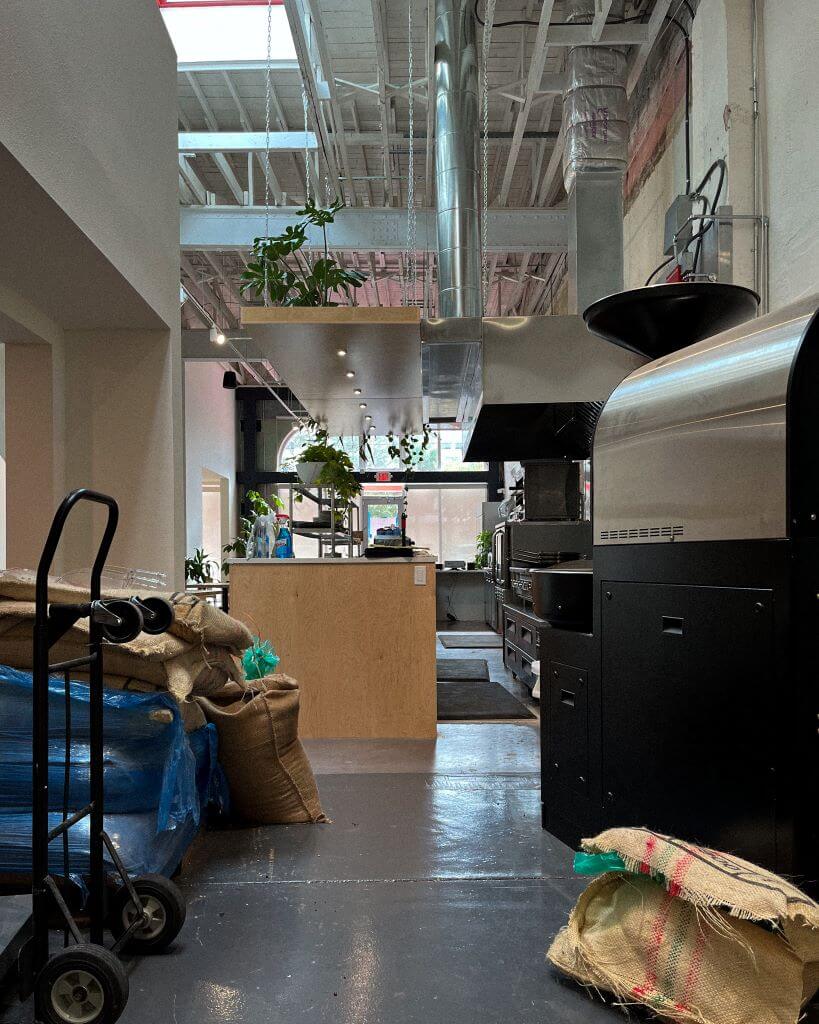
SMALL COFFEE ROASTERS ARE ANYTHING BUT SMALL
by Ian Steger
·
Project Coffee started roasting coffee in-house a few months ago. So, we thought it might be a good idea to reflect on what small coffee roasters can bring to the table – and the community!
Small coffee roasters are a special breed of artisanal coffee producers who take great pride in their craft. Unlike large, commercial coffee roasters that often prioritize efficiency and volume over quality, small coffee roasters are focused on producing the best possible coffee by carefully sourcing and roasting each batch of beans to perfection. Project Coffee works primarily with Red Fox Merchants, which is sourcing incredible coffee, and we have the privilege of selecting through the coffee that they sourced obviously in a sustainable, organically grown and ethical way.
One of the biggest advantages of small coffee roasters is their ability to offer a wide variety of specialty and single-origin coffees. Because we are not beholden to the constraints of mass production, small coffee roasting provides us with the freedom to experiment with different roasts and beans from around the world. This leads to a diverse and exciting range of flavors and aromas that we bring to our coffee shops and our online store.
In addition to the commitment to quality and sustainability, small coffee roasters - and the companies they source their coffee from - are often deeply engaged with the communities and cultures where the beans are grown. We hope that we can soon grow our roasting volume to the point, where we can work directly with farmers and cooperatives to ensure fair wages and sustainable growing practices, but also influence and develop the flavor profiles of the beans that we are going to roast and showcase to our customers.
We are also working with a local small composting business to reuse our coffee grind and other food waste in order to create organic mulch. Coffee grounds are a good source of nitrogen and through their acidic nature make good acid mulch. It is recommended that grounds make up between 15 to 20% of the total compost volume. We will cover our engagement here in a separate blog soon!